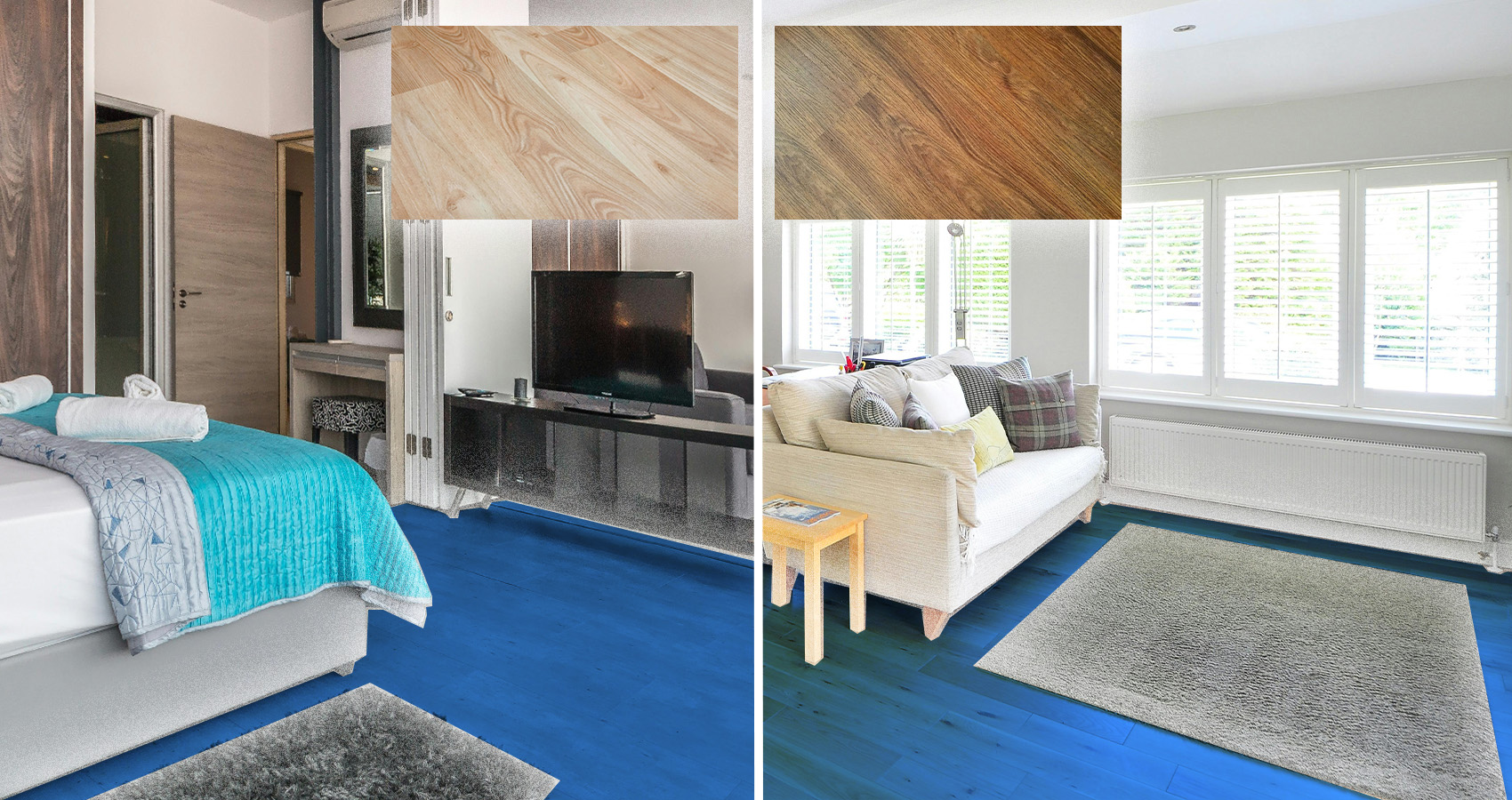
Engineered Wood Flooring vs. Laminate Flooring: Which Is Better?
Choosing the perfect home flooring.
When choosing the perfect flooring for your home, the decision often boils down to two popular options: engineered wood flooring and laminate flooring. Both have unique advantages, and understanding these can help you make an informed choice that suits your lifestyle, budget, and aesthetic preferences. Let's delve into the specifics of each type to determine which might be better for your needs.
What is Engineered Wood Flooring?
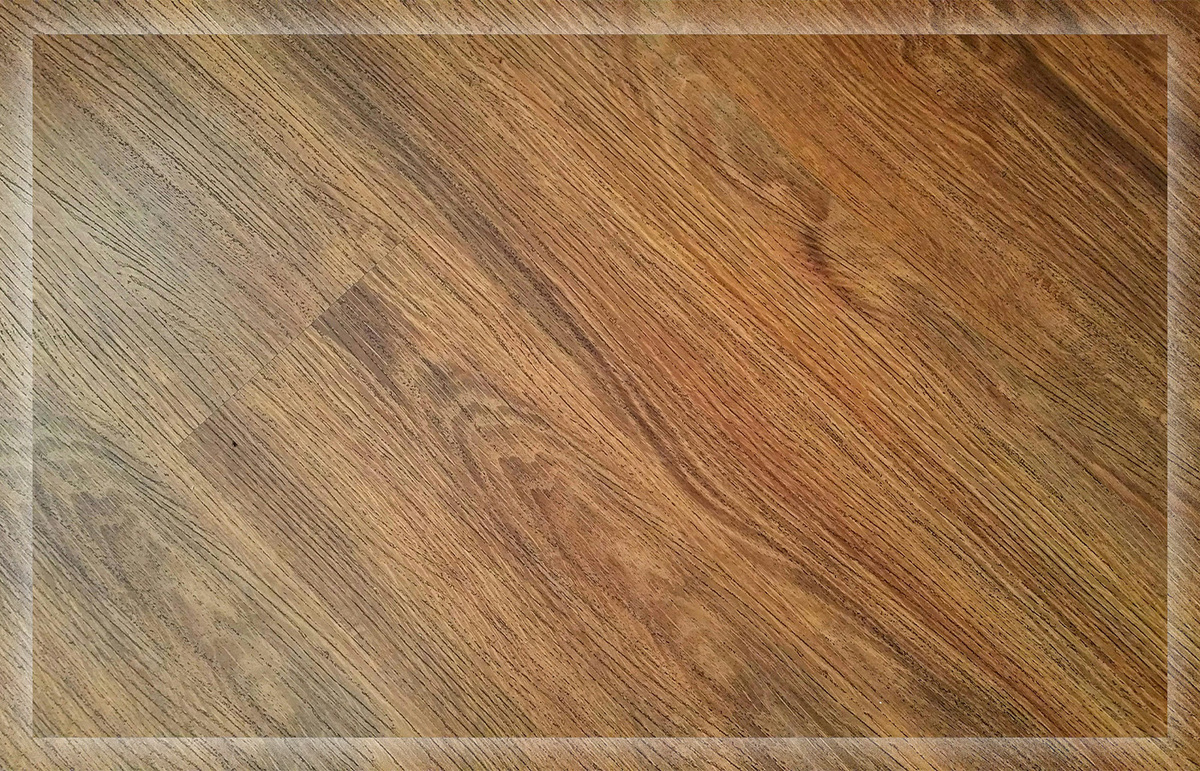
A natural wood veneer layer is applied over several plywood or high-density fiberboard (HDF) layers. Due to its enhanced stability and resistance to moisture, it is a versatile option for various environments, including basements and areas with fluctuating humidity.
Advantages of Engineered Wood Flooring
1. Authenticity and Aesthetics: Engineered wood floors offer the beauty and warmth of natural wood, as the top layer is genuine hardwood. This means you can enjoy natural wood's rich texture and variations.
2. Durability: The multi-layer construction makes engineered wood highly durable. It can withstand changes in temperature and humidity better than solid hardwood, reducing the likelihood of warping and cupping.
3. Refinishing Potential: Many engineered wood floors can be sanded and refinished, though the number of times depends on the thickness of the top veneer layer. This allows you to renew the floor's appearance over time.
4. Value Addition: Engineered wood flooring can significantly increase the value of your home due to its high-quality appearance and long-lasting nature.
Find out more about engineered wood flooring here.
Disadvantages of Engineered Wood Flooring
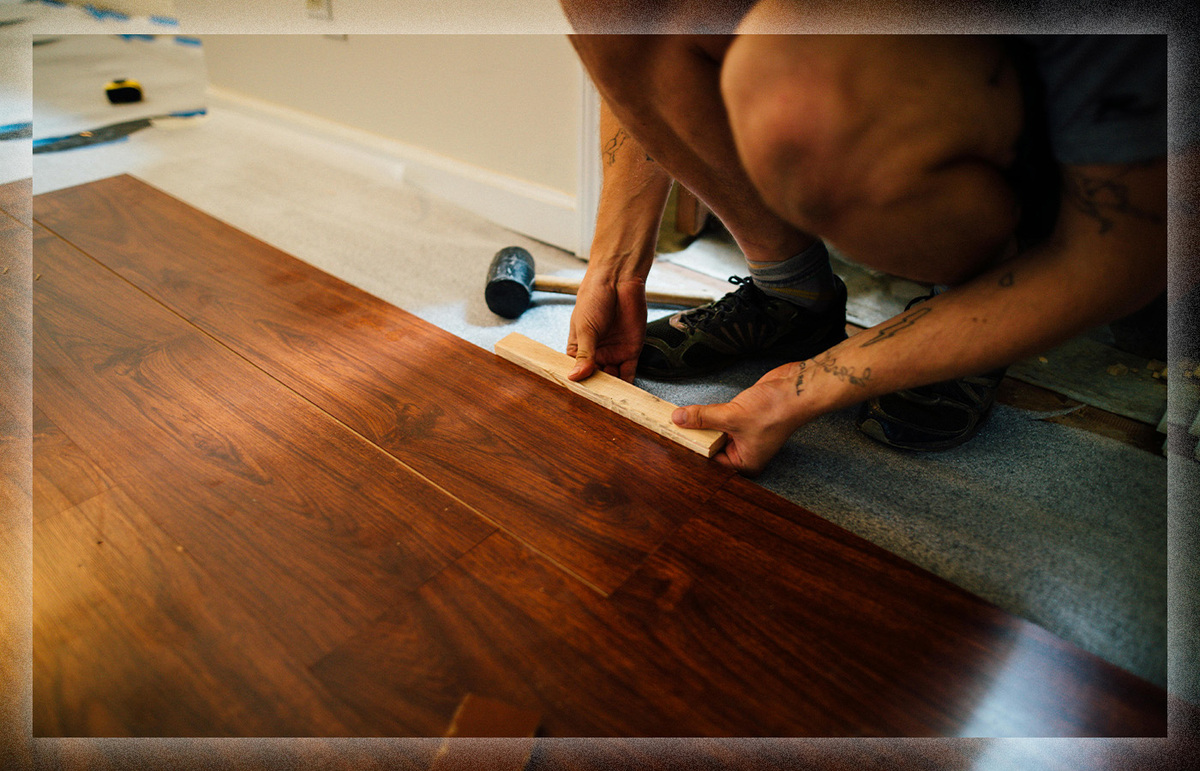
1. Cost: Engineered wood is generally more expensive than laminate flooring. The price varies depending on the wood species and the thickness of the veneer layer.
2. Installation Complexity: While some engineered wood floors have a click-lock system, others may require professional installation, especially if glued or nailed down, increasing the overall cost.
What is Laminate Flooring?
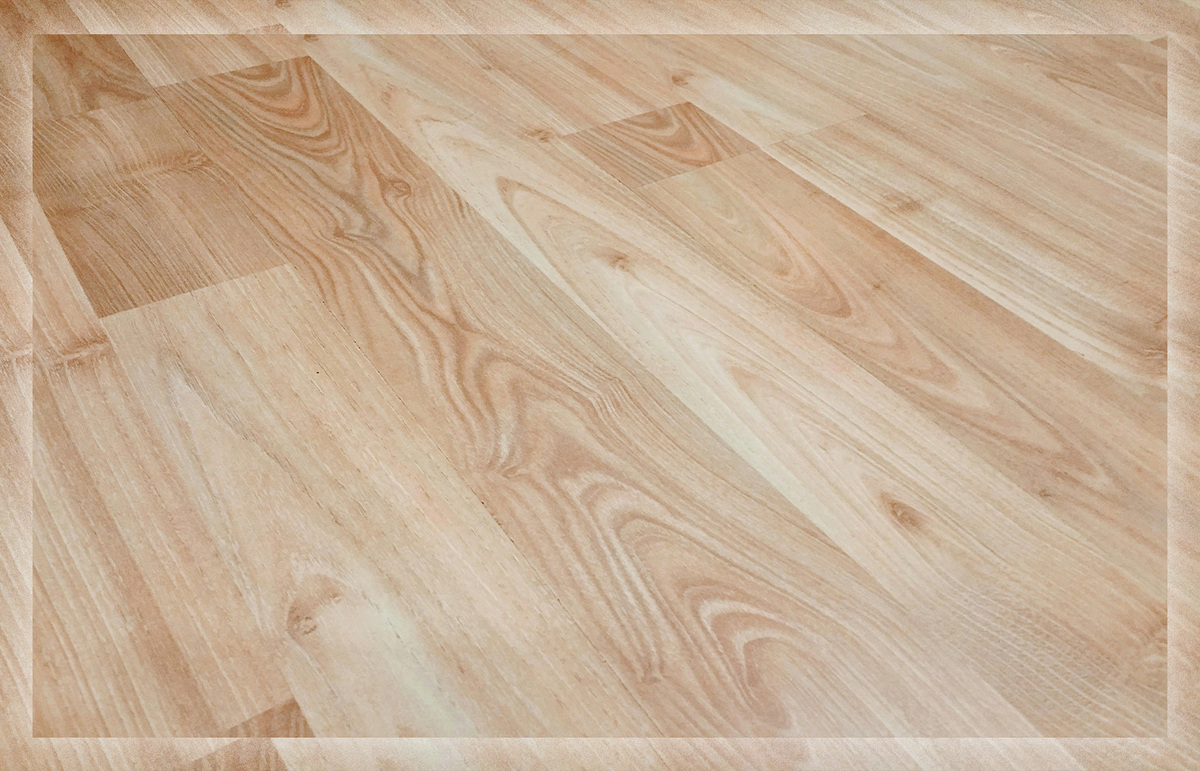
Laminate flooring is made from a high-density fiberboard core topped with a photographic layer that mimics the appearance of wood, stone, or other materials and a protective wear layer. Laminate is known for its affordability and ease of installation.
Advantages of Laminate Flooring
1. Affordability: Laminate flooring is typically much cheaper than engineered wood, making it an attractive option for budget-conscious homeowners.
2. Ease of Installation: Many laminate floors feature a click-lock design, which makes DIY installation straightforward. This can save you on professional installation costs.
3. Resistance to Scratches and Stains: Laminate flooring's top wear layer is highly resistant to scratches, stains, and fading, making it a practical choice for high-traffic areas and homes with pets or children.
4. Variety of Designs: Laminate flooring is available in a wide range of styles, colors, and patterns, allowing you to achieve almost any look you desire, from the appearance of exotic hardwoods to stone tiles.
Disadvantages of Laminate Flooring
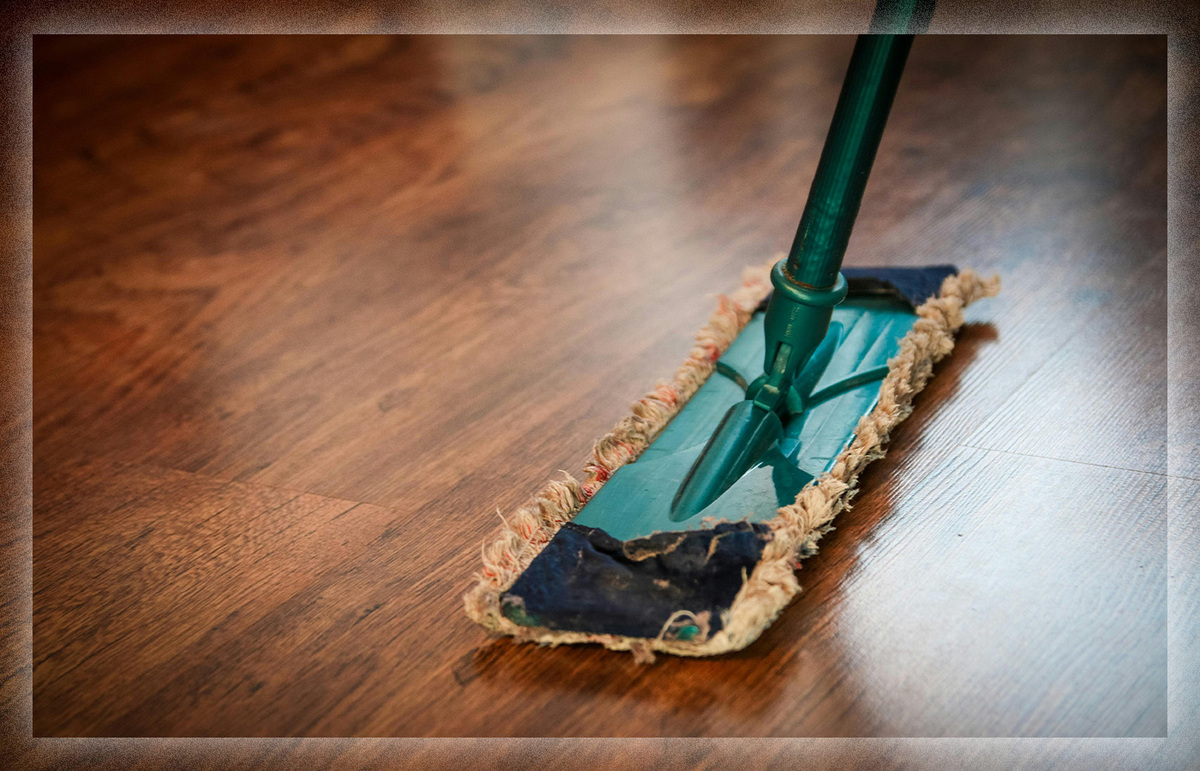
1. Lack of Authenticity: While laminate flooring can closely mimic the look of natural wood, it needs a genuine feel and texture, which can be a drawback for some homeowners.
2. Limited Longevity: Laminate cannot be refinished. Once it wears out or gets damaged, it needs to be replaced. Compared to engineered wood flooring, this can make it less cost-effective in the long run.
3. Moisture Sensitivity: Although more moisture-resistant than hardwood, excessive moisture can still damage laminate flooring. Spills should be cleaned up promptly to avoid swelling or warping.
Making a choice: Which is Better?
The decision between engineered wood flooring and laminate flooring ultimately depends on your specific needs and preferences.

Choose Engineered Wood Flooring If:
- Authenticity and Aesthetics Matter: If you desire real wood's natural look and feel, engineered wood is the way to go.
- Longevity and Investment: You’re looking for a long-term investment that can be refinished and maintained over time, adding value to your property.
- Durability in Varied Environments: You need a floor that can handle changes in humidity and temperature, such as in basements or areas with radiant heating.
Choose Laminate Flooring If:
- Budget Constraints: If you need an affordable flooring option that still looks good, laminate is a great choice.
- DIY Installation: You prefer a flooring solution that you can install without professional help.
- High Traffic and Low Maintenance: You want a durable, scratch-resistant floor that can withstand heavy use and is easy to clean.
Both engineered wood and laminate flooring have their merits, and your priorities and the specific conditions of your living space should guide your choice. Whether you lean towards the timeless elegance of engineered wood or the practical benefits of laminate, both options can enhance the beauty and functionality of your home. By carefully considering the advantages and disadvantages of each, you can make a choice that you'll be happy with for years to come.











